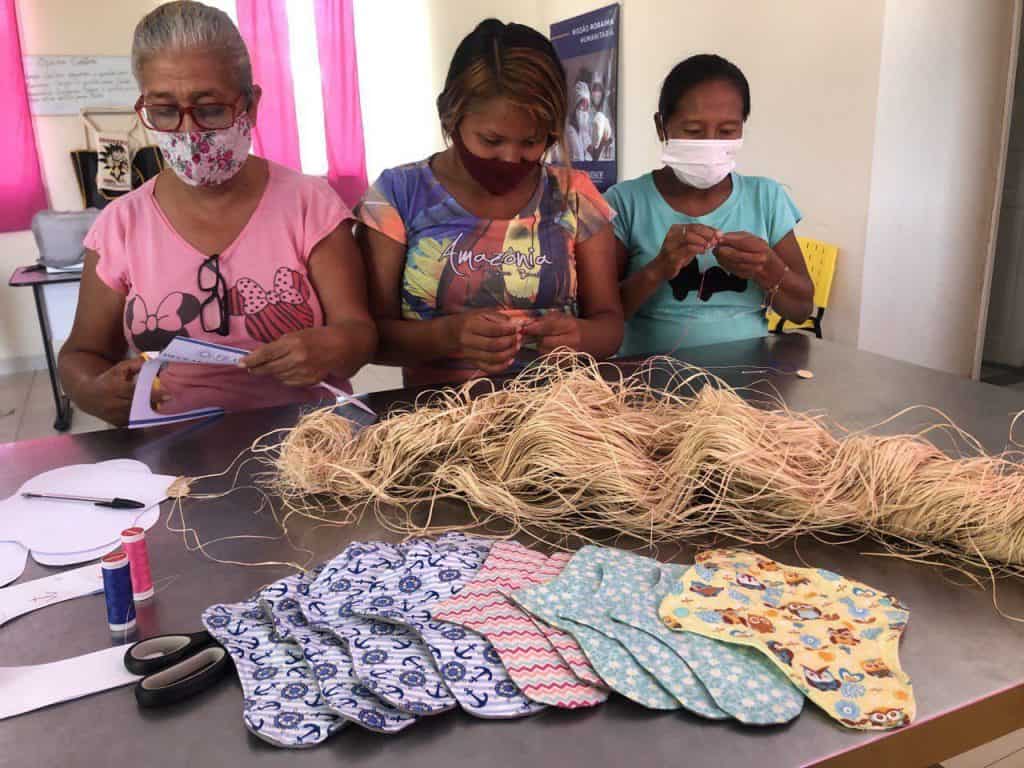Celebrated on November 19, World Female Entrepreneurship Day aims to highlight and value women as protagonists in the field of entrepreneurship.


Celebrated in 144 countries, the date was established through a partnership between Global Entrepreneurship Week, the United Nations Foundation, and the U.S. State Department.
Much more than a commemorative date, this day is an important message about how entrepreneurial actions developed by millions and millions of women can take them out of their vulnerable condition, both here in Brazil and around the world, giving them more financial and personal freedom, and collaborating or, as in many situations, sustaining the household budget.
In Brazil, women have also advanced and today represent more than 30 million entrepreneurs, and most of these women started their businesses out of necessity, according to data from Sebrae. Besides necessity, another motivating factor is the desire to be independent.

Supported by the CCFI, indigenous women advance in entrepreneurial projects
The Cultural and Indigenous Training Center (CCFI), coordinated by the Fraternity – International Humanitarian Federation (FFHI), with the support of Operation Acolhida, offers free courses and workshops, through the Livelihoods and Lasting Solutions Sector, to indigenous people coming from Venezuela, Guyana, and part of Brazil.
The CCFI supports the beneficiaries who want to start their own business and generate self-sufficiency by offering mentoring and advisory services for new entrepreneurs, courses in entrepreneurship and financial education, and the availability of a physical place that serves as an incubator for new initiatives.


The women occupy an important place among the participants and are in charge of many projects in the areas of cooking, eco-fashion, handicrafts, cosmetics, and traditional indigenous medicine. With resilience, dedication and mutual solidarity they are acquiring conditions for social, economic and cultural insertion in to Brazilian society and in the labor market.
Get to know the Tida Warao ecological sanitary napkin production project, developed by Venezuelan indigenous women.






